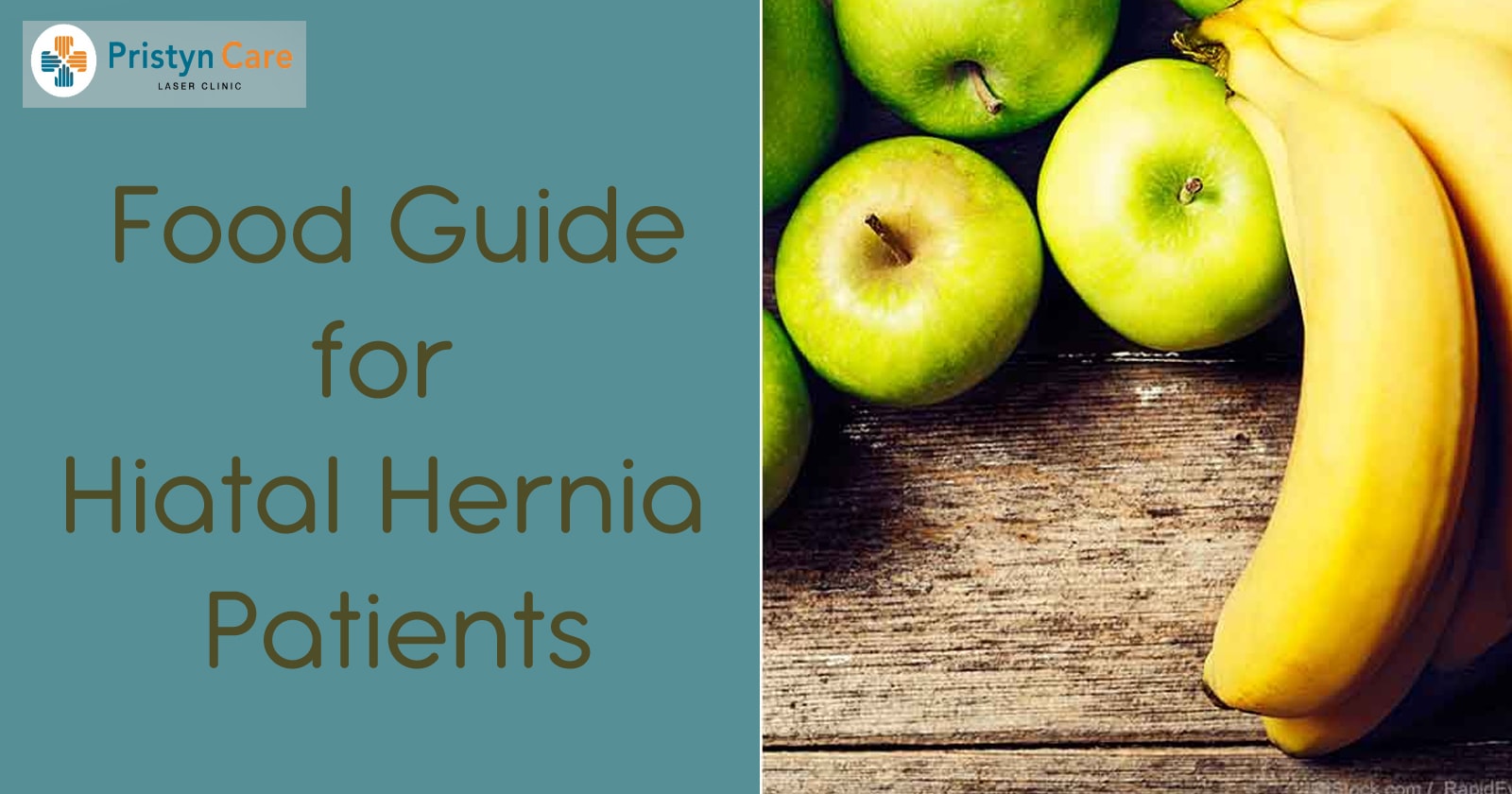
A hiatal hernia occurs when a part of the stomach enters the chest cavity through a hole in the diaphragm. In this disease, the patient gets reflux of stomach acids into the esophagus which gives a burning sensation in the chest and throat. The exact cause of this problem is not known but, the disease is very common and affects almost 60% of people by the age of 60.
If you are not suffering from unusually severe and problematic hiatal hernia, the best way to reduce symptoms is to make dietary and lifestyle changes.
Also Read: Difference between Hiatal Hernia and GERD
Table of Contents
Foods To Eat When Suffering from Hiatal Hernia
The best food options for people with hiatal hernia are non-acidic, minimally processed, and rich in dietary fiber. Here are some suggestions about foods to reduce the symptoms of hiatal hernia.
- Leafy greens
- Whole grains
- Beans and peas
- Lean proteins
- Tofu
- Fish
- Nuts and seeds
- Noncitrus fruits and juices
- Ginger
- Low-fat and non-sweetened dairy products
- Cardamom
- Coriander
- Apple cider vinegar
- Noncaffeinated teas like green teas
- Probiotic foods without sugar as sugar supports the growth of stomach microbes.
Also read: How To Use Ginger for Sore throat
Foods To Avoid When Suffering from Hiatal Hernia
It is good for people with a hiatal hernia to stay away from foods that are acidic, rich, oily, or have preservatives.
Foods to avoid may include:
- Fried or oily foods
- Fatty foods
- Red meat
- Caffeine
- Alcohol
- Cocoa and chocolate
- Tomatoes and tomato sauces
- Carbonated drinks
- Most types of mint
- Sweetened juices or teas
- Garlic
- Onions
- Spring onions
- Cucumbers
- High-fat dairy products
- Salty foods, and
- Junk foods
Lifestyle tips Hiatal Patients Should Follow
Some lifestyle adjustments are needed to help manage their hiatal hernia symptoms.
- Stay hydrated. Drink lots of fluids throughout the day.
- Eat smaller meals throughout the day.
- Keep a checklist of the foods that can trigger acid reflux symptoms and should not be eaten by hiatal hernia patients.
- Eat and chew food slowly and thoroughly to promote digestion.
- Avoid eating just before exercising or bending over.
- Wear loose-fitting clothing.
- Keep a healthy weight.
- Use a high pillow while sleeping as it makes harder for stomach acid to travel up the esophagus.
- Quit smoking.
- Eat whole foods instead of processed or refined foods.
- Exercise moderately for at least 20 minutes daily.
- Avoid fried foods.
Cooking Tips To Keep In Mind For Hernia Patients
Some simple tips can help hernia patients avoid triggering acid reflux. This tips should be followed while preparing the meal-
- To sauté foods, use healthy oil such as olive oil, grapeseed oil, and avocado oil
- Eat whole dietary- fibers whenever possible.
- Don’t deep fry foods
- Restrict eating processed and packaged ingredients.
- Cook food in healthy oils such as coconut oil, avocado oil that doesn’t break down in high heat
- While having a meal, make sure to incorporate fermented foods such as yogurt and fermented foods.
- Eat small portion of meals frequently throughout the day.
- Drink lots of fluids. You should aim for drinking almost eight glasses of water per day.
- Add probiotics in your daily diet. Some examples are yogurt, kefir, kombucha, and pickles.
*Disclaimer: The content is written and reviewed as per the expertise and knowledge of the author and reviewer. For a final call related to ailment, we highly recommend people to Consult with a Specialized Doctor and take necessary decisions as per the Doctor’s suggestions.









I had this hernia due to which I was puking a lot. I was looking for food items that can be eaten or avoided. This blog provides me this answer. I’ll try to eat these on a daily basis.